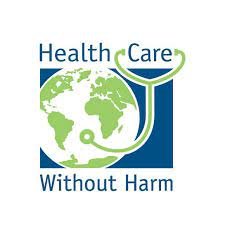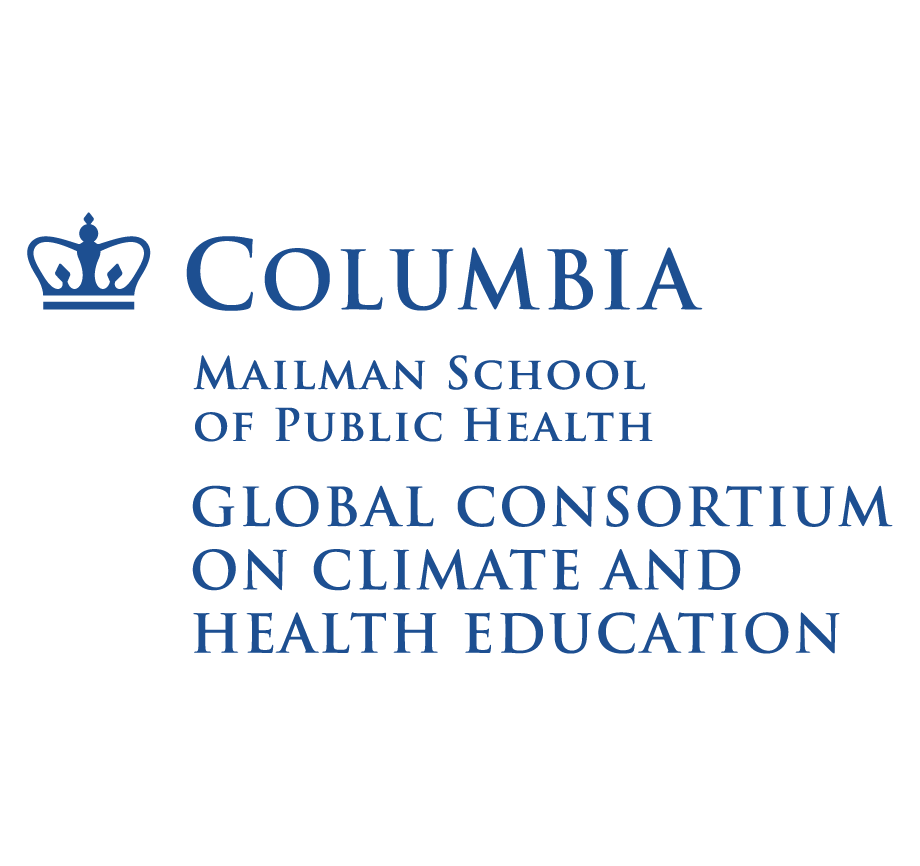Healthier environments will lead to
healthier Patients.
As a member of Johns Hopkins Department of Emergency Medicine and the JH Institute for Planetary Health, working closely with the Planetary Health Alliance, I’m proud to have found my place in a rapidly growing community of collaboration—but everyone’s journey has a beginning.
What I appreciate most about this community is the way our shared missions and goals naturally overlap, fostering a network where collective efforts truly thrive. While climate change presents an existential crisis, it is just one dimension of the broader human impact on the natural world, as seen through the lens of Planetary Health. These efforts aren’t in conflict; instead, they address different scopes of the deeply interconnected challenges we face. With the urgency of these issues, there is no time to reinvent the wheel—collaboration is not just beneficial, it’s essential.
The organizations listed here, like the Johns Hopkins Institute for Planetary Health and the Planetary Health Alliance, are among those that can guide you toward making a meaningful impact. Each offers unique resources, and while this is by no means a comprehensive list—there are many exceptional programs—these organizations played a crucial role in helping me find my path. I hope they help you find yours as well.
BE INSPIRED. FIND OPPORTUNITY. TAKE ACTION.
The Lancet Countdown on Climate and Health is a global initiative that tracks the impacts of climate change on human health. By analyzing the latest data, it highlights the urgent need for action, showing how climate change threatens our well-being while also identifying opportunities to improve health through climate solutions. This makes it an invaluable resource for healthcare professionals seeking to understand the intricate connections between planetary changes and patient health, empowering us with evidence to advocate for policies that protect both people and the environment.
The Medical Society Consortium on Climate and Health unites major medical societies to address what is widely recognized as the greatest public health crisis of the 21st century: climate change. Representing over a million health professionals, the Consortium highlights the immediate and long-term health risks posed by climate change, particularly for vulnerable populations. By advocating for clean energy solutions and reducing reliance on fossil fuels, the Consortium promotes healthier air, water, and communities. It is an essential resource for clinicians seeking to elevate the health voice in climate action, offering tools, evidence-based insights, and policy guidance that protect both public health and equity.
Healthcare Without Harm is an international organization committed to transforming healthcare by reducing its environmental footprint and advocating for sustainability. For nearly three decades, it has provided resources, expertise, and strategic partnerships to help healthcare institutions lead the global movement for environmental health and justice. This organization is invaluable as it mobilizes the ethical, economic, and political influence of the healthcare sector, enabling it to become a community anchor for sustainability and a champion for both human and environmental health.
Medicine for a Changing Planet is an initiative designed to equip healthcare providers with the clinical skills and knowledge needed to address the health impacts of climate change and other disruptions to Earth's natural systems. Through a series of case studies, it highlights the critical role clinicians can play in recognizing and managing health conditions related to environmental stressors. The cases focus on clinical competencies such as detecting environmental exposures and applying preventive strategies in low-resource settings, while also promoting a "Social-Environmental" approach to patient history. This initiative empowers healthcare professionals to respond effectively to emerging health threats and engage in broader community and societal actions to mitigate planetary health risks.
The Climate & Health Program at the University of Colorado School of Medicine is unique in its interdisciplinary approach to preparing healthcare professionals for the challenges posed by climate change. It offers a mix of virtual and in-person learning, including interactive sessions, simulations, and 1:1 leadership and communication coaching. The program emphasizes developing climate-resilient policies and addressing environmental justice issues, making it particularly well-suited for clinicians who want to advocate for change and lead efforts to reduce the health impacts of climate instability.
The Global Consortium on Climate and Health Education (GCCHE), based at Columbia University Mailman School of Public Health, is committed to equipping health professionals worldwide with the knowledge and skills needed to address the health impacts of climate change. Through a global network of over 350 health professional schools and organizations, GCCHE provides free, evidence-based educational programs, interdisciplinary training, and expert resources. This initiative is invaluable as it builds a climate-informed health workforce capable of responding to climate-driven health challenges and fostering resilient health systems, especially in vulnerable communities worldwide
Climate for Health, a national initiative founded by ecoAmerica, brings together a diverse network of health leaders from across the healthcare sector to advocate for climate solutions. By offering tools, resources, and communication strategies, the initiative empowers health professionals to take visible leadership on climate issues. It is a valuable resource for clinicians looking to address the health impacts of climate change, from air quality and rising temperatures to mental health challenges. With a focus on vulnerable populations and trusted health leadership, Climate for Health supports healthcare professionals in advocating for a healthier, more sustainable future.











